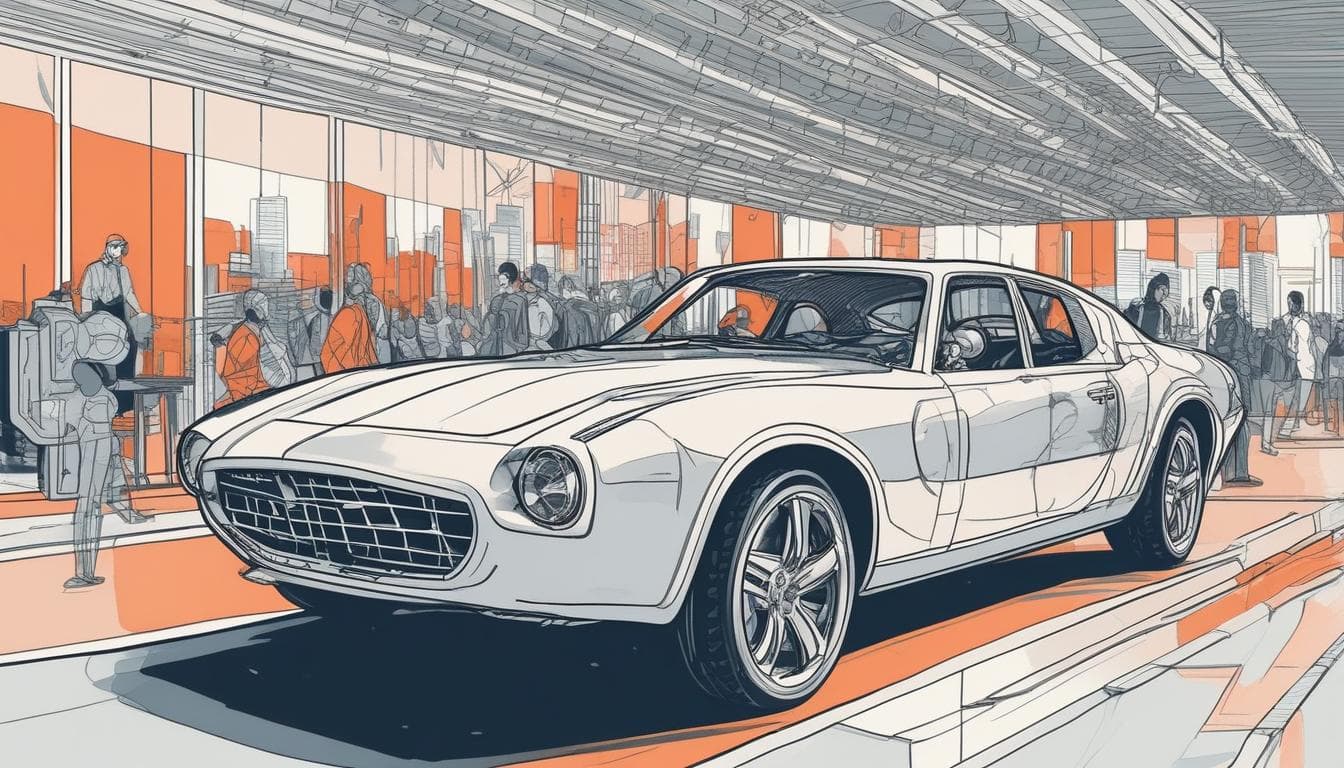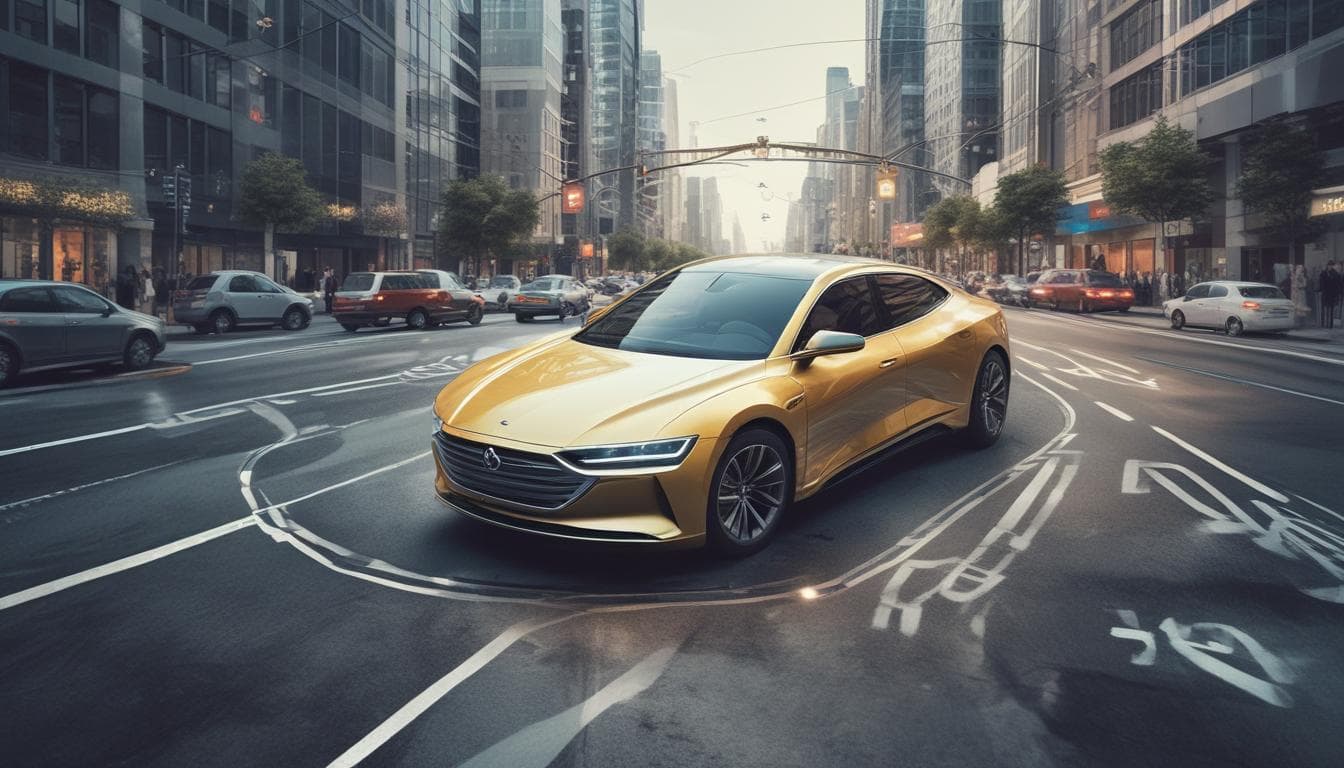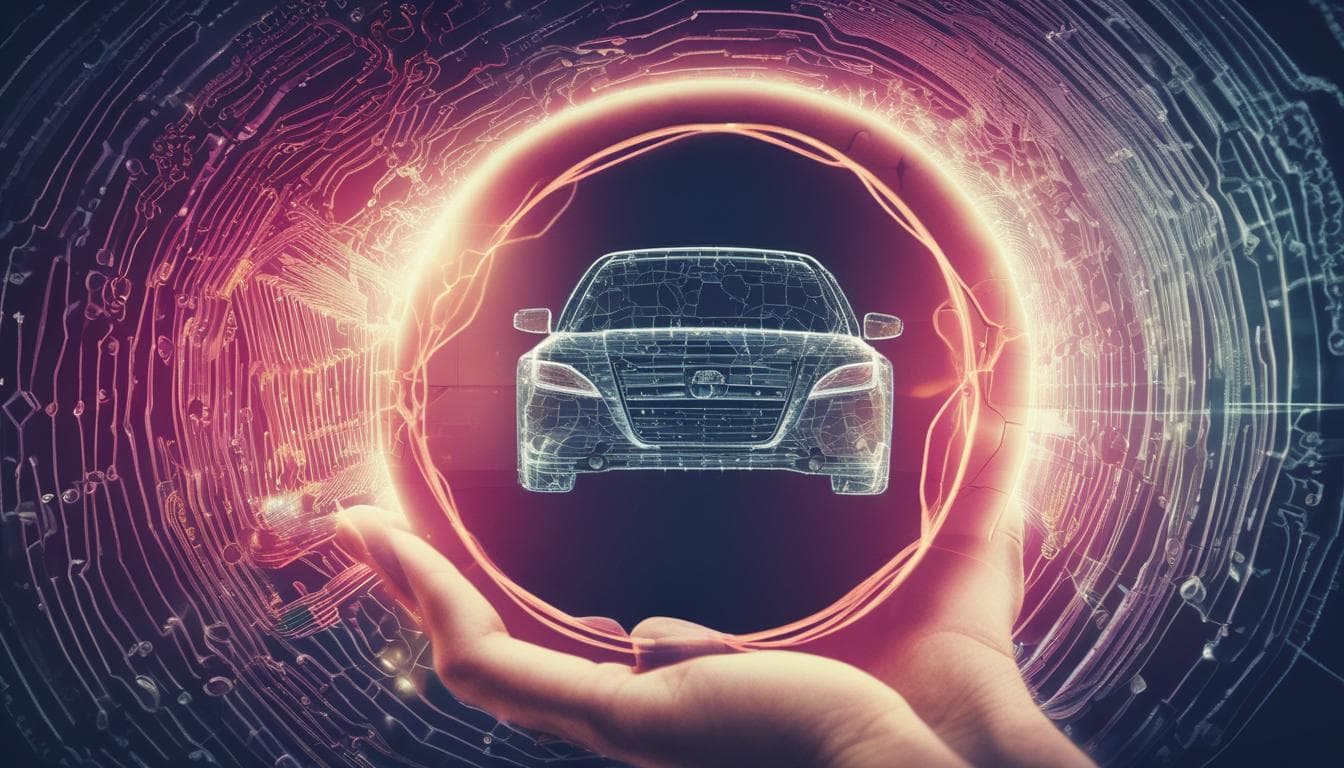もしも車が個人の感情を読み取り、運転スタイルに反映させることができたら、私たちの社会や文化にはどのような変化が訪れるでしょうか?例えば、怒りを感じている時に自動運転が安全運転に切り替わったり、喜びを感じている時に音楽で雰囲気を高めたり。メリット、デメリット、倫理的な課題など、多様な視点から自由に意見を交換しましょう。
感情を読み取る車がもたらす未来社会について、とても興味深いテーマですね!
確かに、怒りを感じている時に自動運転に切り替わることで事故防止につながったり、喜びを共有することでドライブがより楽しくなる未来が想像できます。ワクワクする反面、いくつか懸懸念点も浮かんできます。
メリットとしては、
- 安全性向上: ドライバーの感情状態に合わせた運転支援は、事故リスクを大幅に減らす可能性があります。居眠り運転や、感情的な運転による事故を防ぐ効果も期待できます。
- 快適性向上: 音楽や車内環境を感情に連動させることで、よりパーソナライズされた快適な移動体験が実現するでしょう。
- 新たなエンターテイメント: 感情と連動したゲームやコンテンツ、他者との感情共有によるコミュニケーションなど、車内エンターテイメントの可能性が大きく広がります。
一方で、デメリットや倫理的な課題として、
- プライバシー: 車が個人の感情データを収集・利用することに対する抵抗感は大きいでしょう。データの管理方法やセキュリティ対策、利用目的の透明性確保が重要になります。感情データの悪用や、個人情報漏洩のリスクも懸念されます。
- 感情の誤認識: 感情認識技術の精度が低い場合、誤った判断による不適切な動作や、ドライバーの意図しない運転操作につながる可能性があります。
- 倫理的なジレンマ: 自動運転への切り替え判断は、ドライバーの意思を尊重すべきか、安全性を優先すべきか、難しい判断を迫られる場面も出てくるでしょう。自動運転車の未来に関する倫理的な課題について、こちらの記事で詳しく解説されています。
- 文化への影響: 感情に合わせた運転スタイルが普及すると、人間の運転技能の低下や、感情表現の変化など、社会や文化に大きな影響を与える可能性があります。
これらの課題を解決するためには、技術開発だけでなく、法整備や社会的な議論も必要不可欠です。感情認識技術の精度向上、データ保護の強化、倫理ガイドラインの策定など、多方面からのアプローチが求められます。
AIが自動車業界にもたらす変革について、より深く理解するには、こちらの記事も参考になるでしょう。
皆さんは、どのような未来社会を想像しますか?
Explore More on This Topic
Join the Conversation
- The Future of AI-Driven In-Car Personalization: Beyond Comfort and Entertainment
Explore the future of AI in vehicles and how it can personalize the driving experience beyond entertainment and comfort. Discuss the ethical considerations and potential benefits of deep AI integration, such as anticipating mood and stress levels and suggesting personalized micro-experiences.
- The Future of Automotive Tourism: AI-Curated Road Trips vs. Spontaneous Exploration
Explore the future of automotive tourism in the age of AI. Will AI-curated road trips replace spontaneous exploration, or will they coexist? Discuss the opportunities and challenges for travelers and the tourism industry as AI integrates into vehicles and travel experiences.
- The Future of Road Rage in the Age of AI-Powered Vehicles
How will AI in vehicles impact road rage? Will it help de-escalate aggressive driving or make it worse? Explore the potential roles of AI and human drivers in managing these scenarios.




